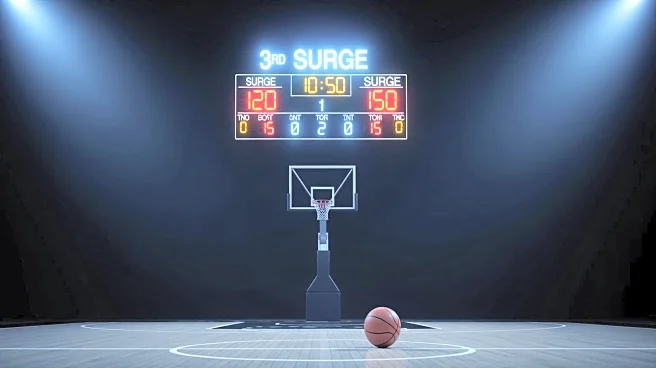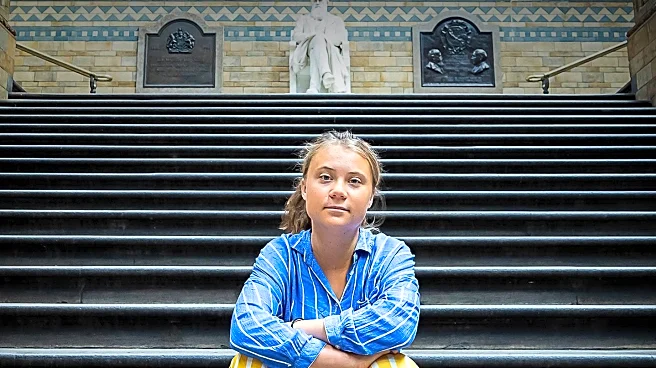What's Happening?
The concept of the Overton window, which describes the range of ideas considered acceptable for public discourse, is being scrutinized as it appears to mirror societal divisions rather than guide policy
changes. Historically, the Overton window has been used to explain how once-unthinkable policies become mainstream, such as school choice, same-sex marriage, and drug decriminalization. However, the current political climate, influenced by social media algorithms, seems to reinforce existing beliefs rather than encourage open debate and persuasion, leading to increased polarization.
Why It's Important?
The perceived breakdown of the Overton window has significant implications for democratic discourse and policy development. As social media platforms amplify echo chambers, the ability to engage in constructive debate and shift public opinion is diminished. This polarization can hinder legislative progress and exacerbate societal divisions, impacting governance and social cohesion. Understanding and addressing these dynamics is crucial for fostering a healthy democracy where diverse ideas can be discussed and potentially adopted.
Beyond the Headlines
The ethical implications of social media's role in shaping public discourse are profound. Platforms that prioritize engagement over balanced information contribute to a fragmented society, where individuals are less likely to encounter opposing viewpoints. This environment challenges the foundational principles of free speech and open debate, which are essential for democratic societies. Efforts to restore the Overton window's function could involve promoting media literacy and encouraging platforms to diversify the content users are exposed to.









